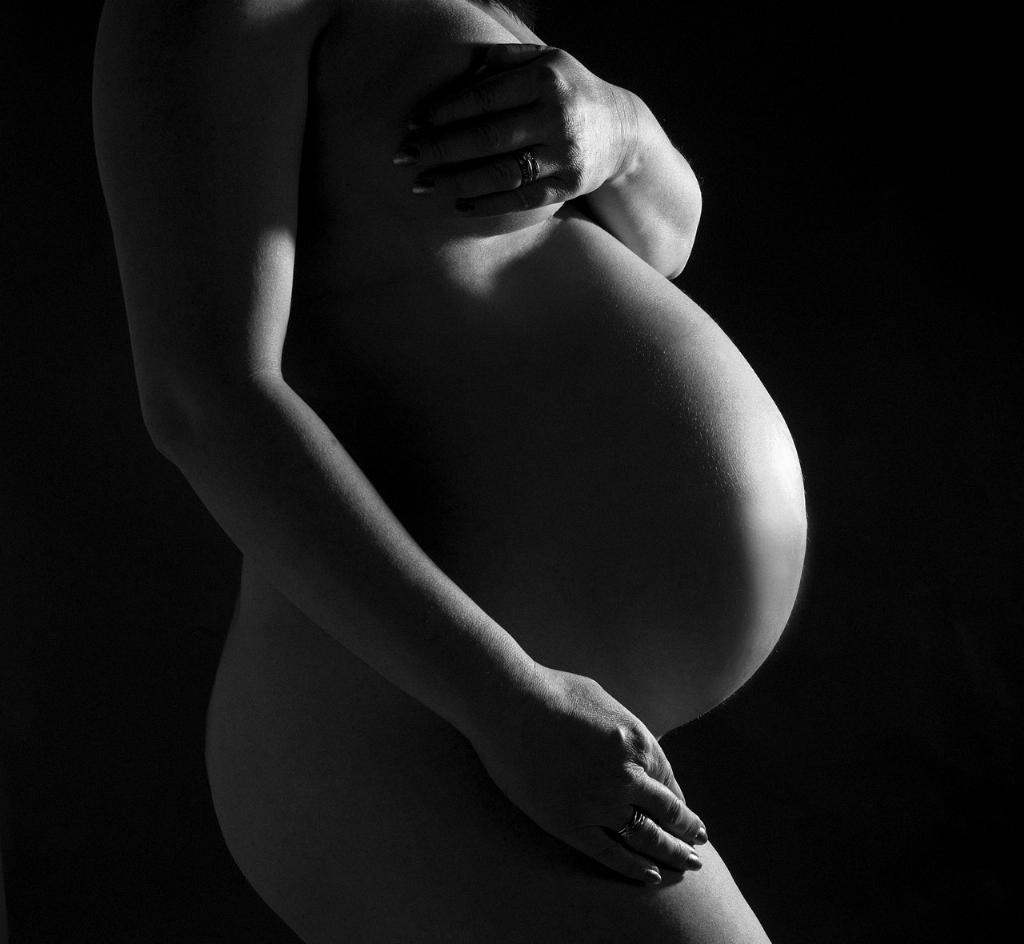When it comes to sudden Premature Ventricular Contractions (PVCs), there are several factors that can contribute to their occurrence. One common trigger is excess caffeine consumption, which has been linked to the development of PVCs in some individuals. Caffeine is a stimulant that can affect the electrical activity of the heart, potentially leading to irregular heartbeats.
Another key factor to consider is the presence of excess catecholamines in the body. These are hormones released in response to stress or excitement, and elevated levels of catecholamines have been associated with PVCs. The body’s response to these hormones can sometimes disrupt the normal rhythm of the heart, resulting in palpitations.
In addition to caffeine and catecholamines, high levels of anxiety can also play a role in the onset of sudden PVCs. Anxiety and stress can trigger the release of adrenaline, which in turn can impact the heart’s rhythm and potentially lead to PVCs. It’s important to address and manage anxiety effectively to reduce the risk of experiencing irregular heartbeats.
Electrolyte abnormalities are another significant factor to consider when exploring the causes of sudden PVCs. Specific electrolyte imbalances, such as low blood potassium, low blood magnesium, and high blood calcium, have been identified in individuals who experience PVCs. These imbalances can interfere with the heart’s electrical signaling, resulting in abnormal heart rhythms.
Furthermore, certain medications and substances can also trigger sudden PVCs. For example, certain asthma medications, decongestants, and some over-the-counter cold remedies have been known to have cardiac side effects, including the development of PVCs. It’s crucial to be aware of the potential effects of medications on heart health and to consult with a healthcare provider if experiencing any concerning symptoms.
In some cases, underlying heart conditions can be a contributing factor in the occurrence of sudden PVCs. Individuals with structural heart abnormalities or a history of heart disease may be more susceptible to experiencing irregular heartbeats. It’s essential for individuals with known heart issues to work closely with their healthcare team to monitor and manage their heart health effectively.
Moreover, lifestyle factors, such as excessive alcohol consumption and tobacco use, can increase the likelihood of experiencing sudden PVCs. Both alcohol and nicotine can have a negative impact on heart function and rhythm, potentially leading to palpitations and irregular heartbeats. Making healthy lifestyle choices and avoiding excessive alcohol and tobacco can help reduce the risk of PVCs.
Dietary factors can also influence the occurrence of PVCs, with certain foods and beverages potentially triggering irregular heart rhythms. High intake of processed foods, sodium, and sugary drinks has been associated with an increased risk of heart palpitations. Opting for a balanced diet rich in fruits, vegetables, and whole grains can support heart health and reduce the likelihood of experiencing PVCs.
In conclusion, sudden PVCs can be caused by a combination of factors, including excess caffeine consumption, elevated catecholamines, anxiety, electrolyte abnormalities, medications, underlying heart conditions, lifestyle choices, and dietary habits. By addressing these potential triggers and making positive changes to support heart health, individuals can reduce their risk of experiencing irregular heartbeats and promote overall cardiovascular well-being.

